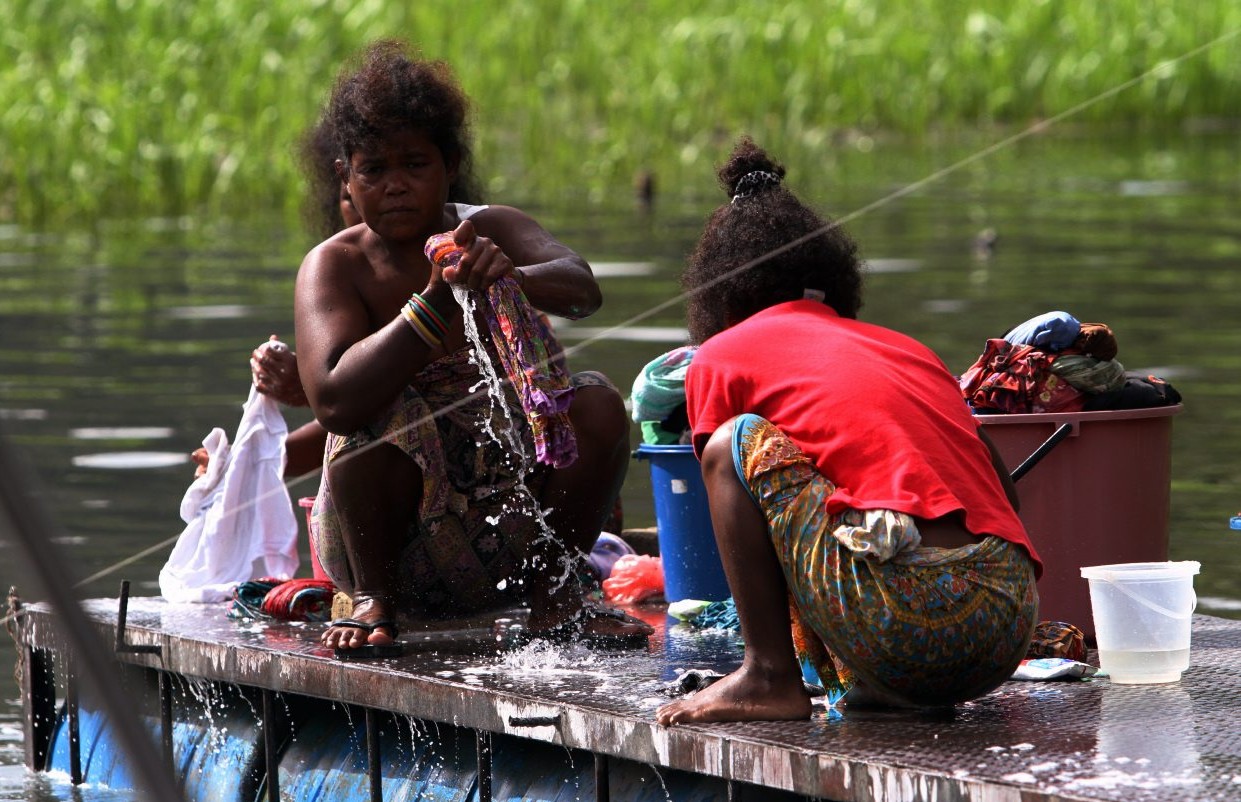BELUM: Claims of child deaths among orang asli in the Royal Belum State Park, uncovered in a documentary by R.AGE, triggered an investigation involving the state health department, Orang Asli Development Department (Jakoa) and Temengor assemblyman Salbiah Mohamed.
A task force headed by state health committee chairman Datuk Dr Mah Hang Soon went on a fact-finding mission yesterday in Sungai Kejar where the deaths were reported.
Dr Mah and Salbiah addressed a group of 20 orang asli, encouraging them to seek medical attention when needed and not to rely only on traditional healing methods.
Dr Mah speculated that the illness known to locals as “serawan” could be herpangina, a viral infection, based on earlier descriptions of symptoms by family members of a victim to mobile clinic doctors.
The doctors described the symptoms to a paediatrician in Ipoh, who made an “educated guess” that it was herpangina.
In a press conference held later at Sri Inai Inn, Gerik, Dr Mah reiterated official statistics provided by the district health department, stating that there were no recorded deaths of children below the age of five in Sungai Kejar between January and June this year.
During the conference, Jakoa officers gave statistics consistent with those released to R.AGE during the filming of the documentary, but later told R.AGE in a phone call that the numbers were not confirmed.
Hulu Perak district health officer Dr Noor Asmah Ahmad Shah Azizi said the official statistics might be inaccurate.
“We only have statistics from those who came forward. We cannot give a 100% sure answer due to their nomadic way of life,” she said.
“When newborn babies die, some orang asli families arranged the burial without notifying us,” said Jakoa assistant district officer Zakaria Mohd Nor.

Childrens of the Jahai tribe orang asli were reported by The Star on a weird sickness that causes childrens death toll risen at Kampung Sungai Kejar.RONNIE CHIN/The Star
Dr Mah suggested that Jakoa needed to keep track of every family by conducting regular population surveys.
He also recommended that authorities establish a rapport with the community.
“If you really approach and talk to them, you can build trust. Engagement is the answer, and from there we can move forward,” he said.
Dr Mah announced that he would bring together the relevant agencies, namely Jakoa, the health department and the Perak State Parks Corporation, to formulate a solution and that he would see those plans through.






Leave a reply